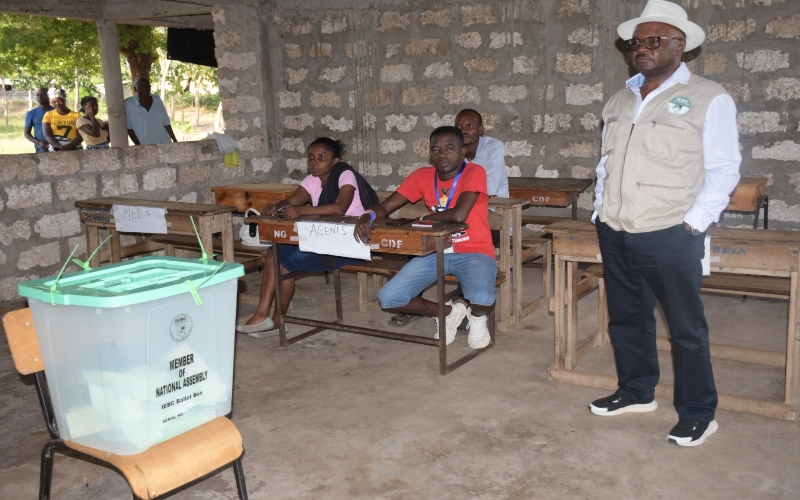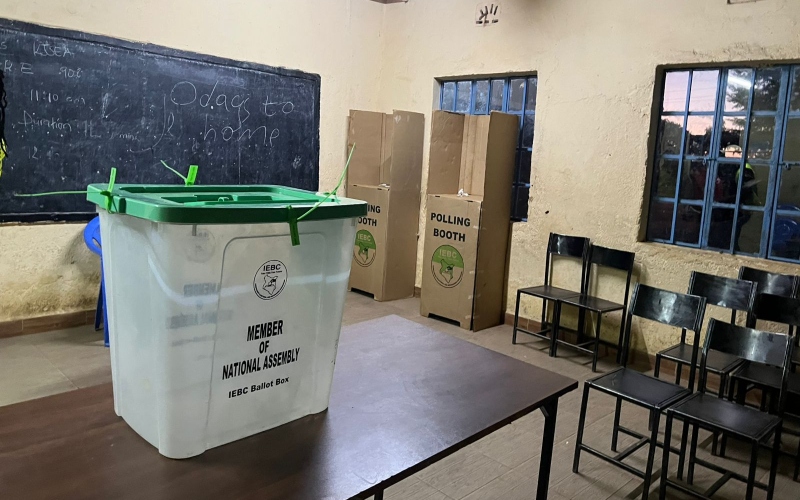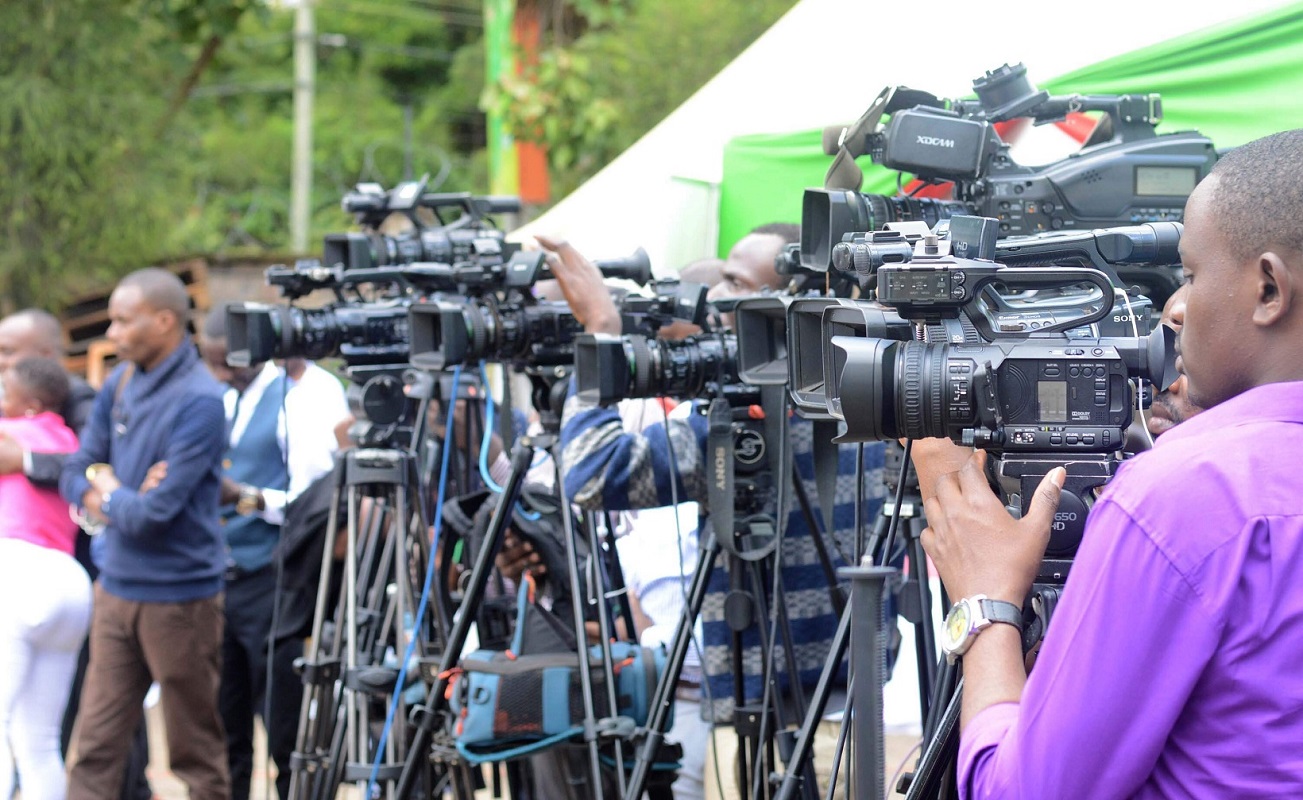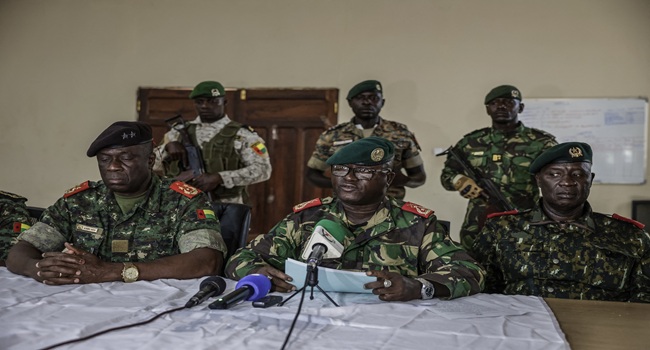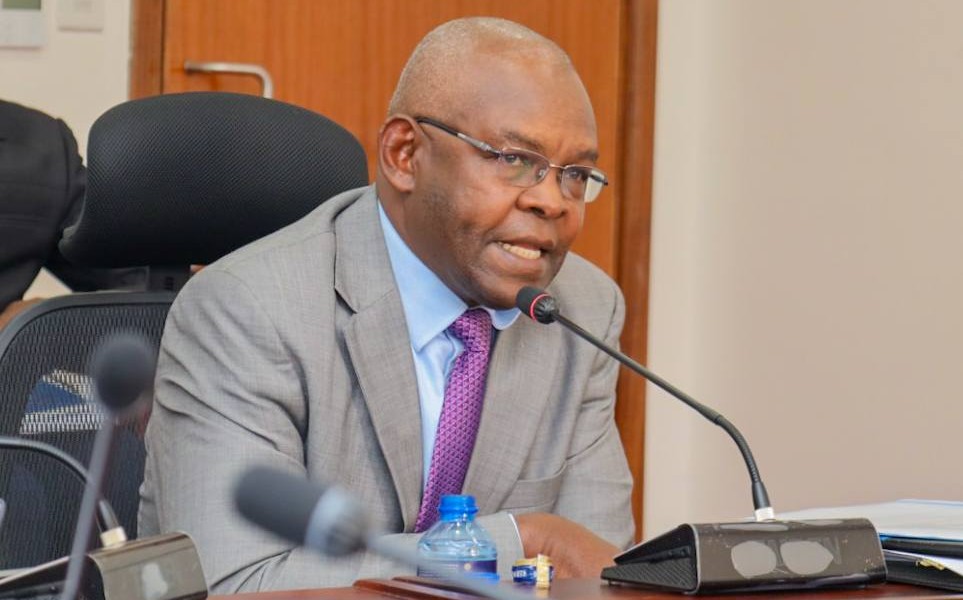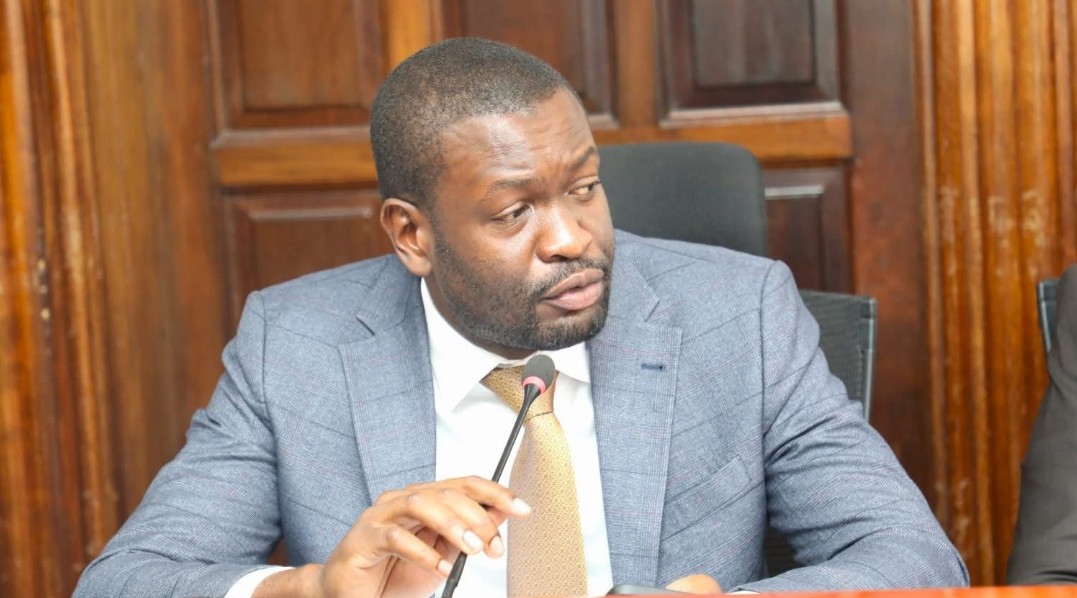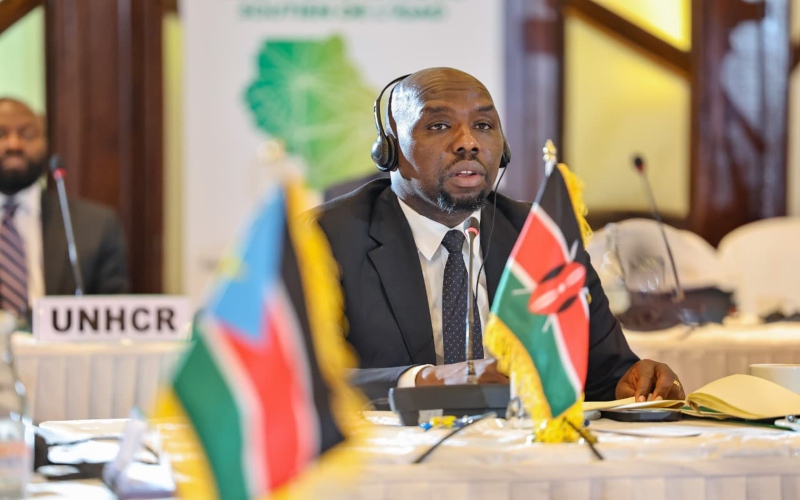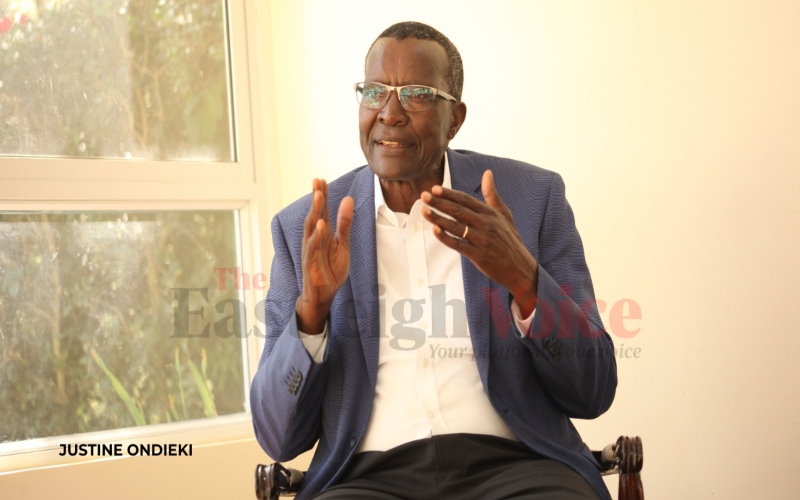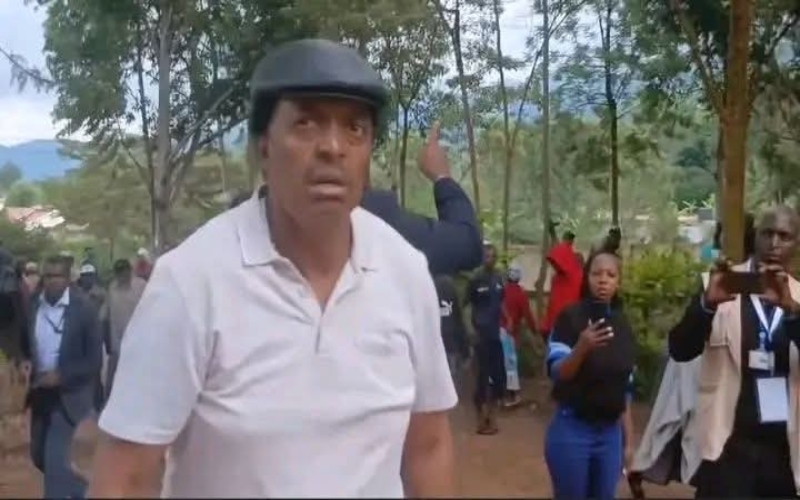SASRA on the spot over alleged mismanagement, wrangles at Nandi Teachers Sacco
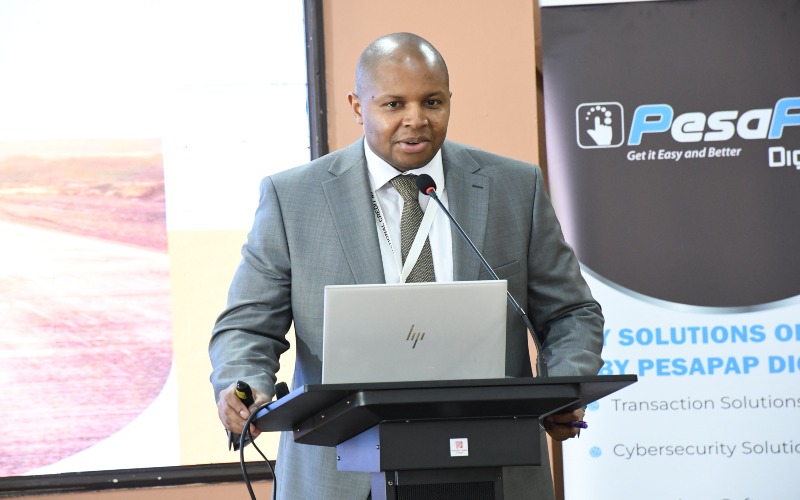
National Assembly’s Public Petitions Committee, chaired by Muchangi Karemba, questioned David Sandagi on SASRA’s role in supervising the Sacco since it was licensed in 2011 as a deposit-taking Sacco.
SASRA Acting CEO David Sandagi has been put on the spot over allegations of financial mismanagement and ownership disputes at Nandi Teachers Sacco.
Sandagi appeared before the National Assembly’s Public Petitions Committee to respond to a petition filed by Nandi Hills MP Bernard Kitur, which raised concerns about how the Sacco handled members’ funds and the ownership of Mwalimu Plaza in Kapsabet.
More To Read
- Relief for matatu operators after High Court halts eviction from CBD loading zones
- Azziad Nasenya moves to court to stop auction of Sh20 million Kileleshwa apartment
- 12 matatu Saccos sue Nairobi County over eviction from three petrol stations
- Saccos term petition to ban Matatus at fuel stations baseless, court told
- Sacco auditors face lifetime ban for failing to submit mandatory reports, regulator warns
- Matatu operators petition Parliament for laws to curb insurance fraud
The Committee, chaired by Muchangi Karemba, questioned Sandagi on SASRA’s role in supervising the Sacco since it was licensed in 2011 as a deposit-taking Sacco.
He explained that in 2015, the Sacco changed its name to Trans-Elite Sacco Society to expand its membership, but it has always operated under the regulator’s supervision.
Sandagi highlighted that a 2006 inquiry by the Commissioner for Cooperative Development had uncovered serious mismanagement by former board members, including abuse of office and misappropriation of over Sh68 million.
The investigation also flagged unaccounted payments of Sh18.1 million and irregular land purchases worth Sh177 million.
“From 2011 to date, the Sacco has remained licensed and continues to be supervised in accordance with the law. Its financial performance and stability as of August 2025 remain sound,” Sandagi told the Committee, adding that recovery of the misappropriated funds is still being pursued through the Cooperative Tribunal.
He confirmed that the disputed property has been recorded in the Sacco’s books since licensing and has consistently served as its official place of business. He noted, however, that ownership disputes date back to before SASRA assumed its regulatory role.
The Committee pressed Sandagi on records showing that in 1999, members of the then Nandi Teachers Sacco had agreed to jointly invest in a multi-storey building in Kapsabet.
Only 424 members contributed Sh10,000 each, raising about Sh4 million, but the plan collapsed. Refunds totalling Sh1.1 million were issued, yet nearly Sh2.8 million remains unaccounted for due to gaps in documentation.
Sandagi explained that after the co-ownership plan failed, the Sacco purchased a building previously owned by Barclays Bank in Kapsabet at a cost of Sh12 million, financed through a loan from the National Bank of Kenya.
The Public Petitions Committee will continue probing the matter to determine accountability and resolve the long-standing ownership and financial issues surrounding Nandi Teachers Sacco.
Top Stories Today
